Capital punishment 'red line' for EU membership, Brussels tells Ankara
European Commission President Jean-Claude Juncker has warned Turkey against any return of the capital punishment in the Anatolian country, saying the measure is a "red line" in Ankara’s stalled bid for membership in the European Union.
Juncker made the remarks on Sunday in an interview with the German newspaper Bild am Sonntag. He said, "If the death penalty is reintroduced in Turkey, that would lead to the end of negotiations."
The comments came a day after Turkish President Recep Tayyip Erdogan said he would seek to reinstate the measure “without any hesitation” after the upcoming referendum on expanding presidential powers.
Turkey has been attempting to become part of the EU for decades. Formal EU accession negotiations, however, began in 2005. The process has been mired in problems, and only 16 chapters of the 35-chapter accession procedure have been opened for Ankara so far.
In November last year, the European Parliament suspended the accession talks with Ankara over concerns regarding human rights and the rule of law following the July 15 coup attempt against Erdogan, which Ankara claims was organized by US-based cleric Fethullah Gulen. In January, Turkey called on the EU to resume the negotiations.
Juncker said he was opposed to a total halt to all accession talks with Turkey. "It makes no sense to try to calm (Erdogan’s) nerves by stopping negotiations that are not even taking place."

Brussels has already criticized Ankara for its massive crackdown since the attempted coup. According to official figures, tens of thousands of people, including military personnel, judges, and teachers, have been suspended, dismissed, or detained as part of the post-coup clampdown.
The 28-nation bloc has also expressed its deep concern regarding Turkey’s referendum, further putting the accession talks on a bumpy road.
The April 16 plebiscite is aimed at abolishing the office of the prime minister and giving more executive powers, including issuing decrees, declaring emergency rule, appointing ministers and state officials and dissolving the parliament, to the currently largely ceremonial position of president in Turkey. Critics say the vote would give the president dictatorial powers.
Erdogan has launched yet another scathing verbal attack against German Chancellor Angela Merkel, accusing her of employing “Nazi measures” after German authorities in Frankfurt allowed some 30,000 pro-Kurdish protesters to stage a rally while brandishing the insignia of the outlawed Kurdistan Workers' Party (PKK).

Berlin had earlier in March infuriated Ankara after it had prevented Turkish ministers from campaigning in the European country for a “Yes” vote in the upcoming referendum. The ban generated an unprecedented row between Ankara and Berlin, with Erdogan calling Merkel a “terrorist supporter” for Berlin’s failure in responding to 4,500 dossiers sent by Ankara on terror suspects, including those linked to PKK militants and last year’s failed coup.
"When we call them Nazis they (Europe) get uncomfortable. They rally together in solidarity. Especially Merkel," Erdogan said in a televised speech. “But you are right now employing Nazi measures,” he added, referring to Merkel and using the informal “you” in Turkish.
In Sunday’s speech, Erdogan said the current row between Ankara and Europe “showed that a new page had been opened in the ongoing fight against our country.”
Germany, home to 1.4 million Turkish legitimate voters, hosts by far the largest Turkish diaspora community in the world, but the ties between Ankara and Berlin have been ripped to shreds by the current growing crisis.
The Netherlands also angered Ankara after it barred two Turkish ministers earlier this month from holding rallies for a “Yes” in the plebiscite, prompting Erdogan to call Dutch authorities “fascists” and “remnants of Nazis.”
VIDEO | California Wildfires Leave Residents Struggling with Insurance Gaps and Housing Shortages
Leader: Palestinian patience, resistance forced Israel to back down
VIDEO | South African, Palestinian youths use sport to boost resistance
Iran welcomes Gaza truce, urges prosecution of Israeli authorities for genocide
VIDEO | Israeli airstrike on Jenin kills 6 Palestinians, injures others
VIDEO | Canada after Trudeau
IRGC: Gaza truce ‘irreparable defeat’ for Israel, great victory for Palestinians
Iran, Tajikistan presidents oversee signing of 23 MoUs to boost ties


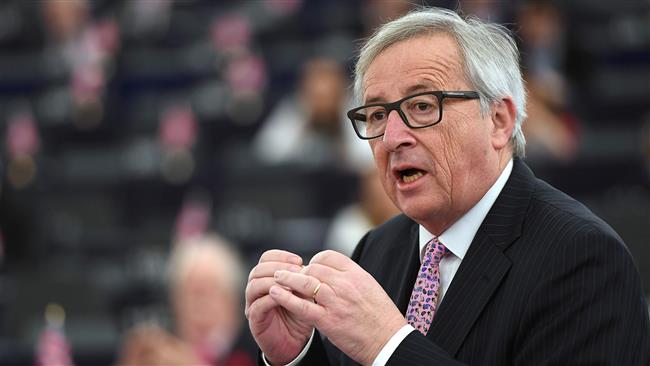


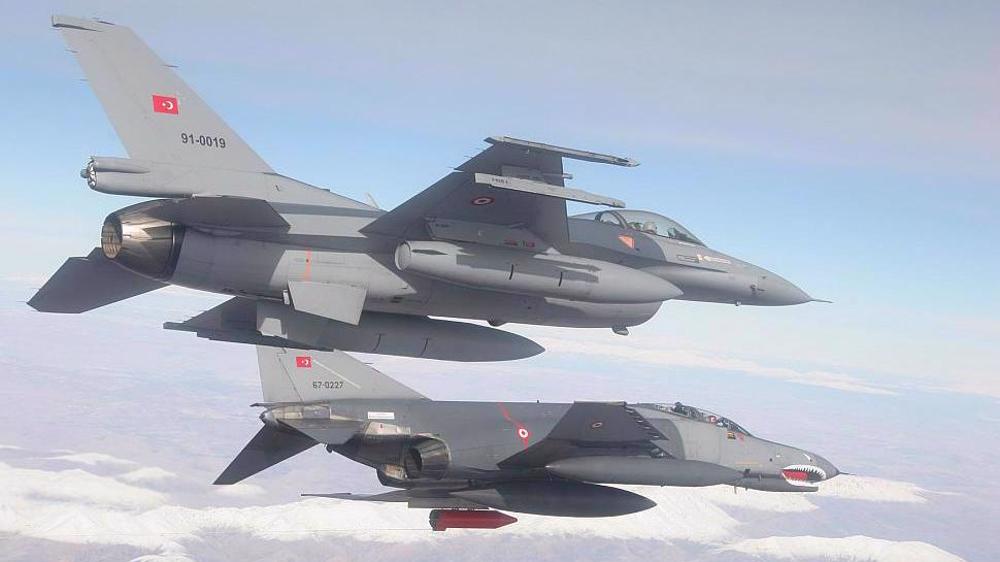



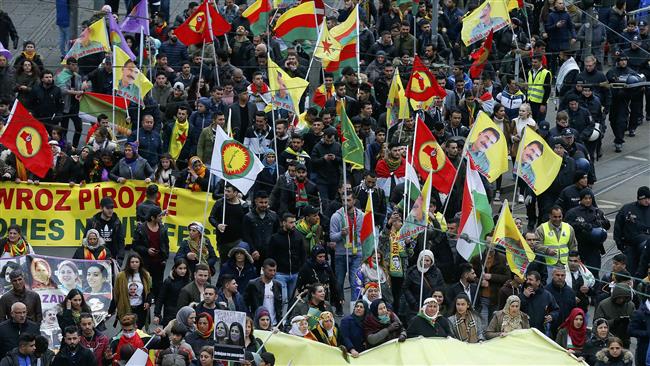
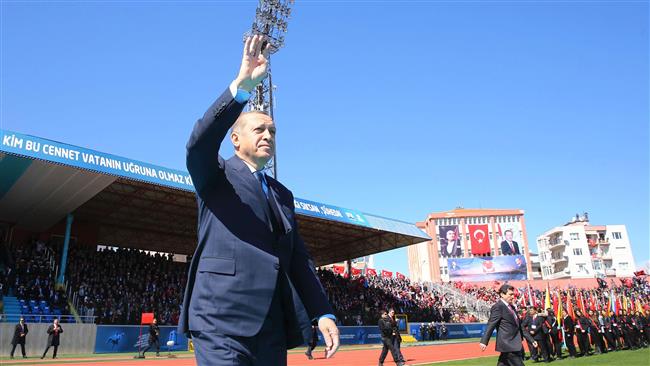
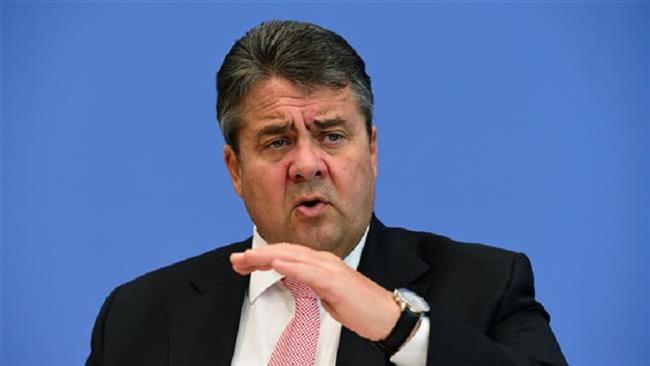


 This makes it easy to access the Press TV website
This makes it easy to access the Press TV website